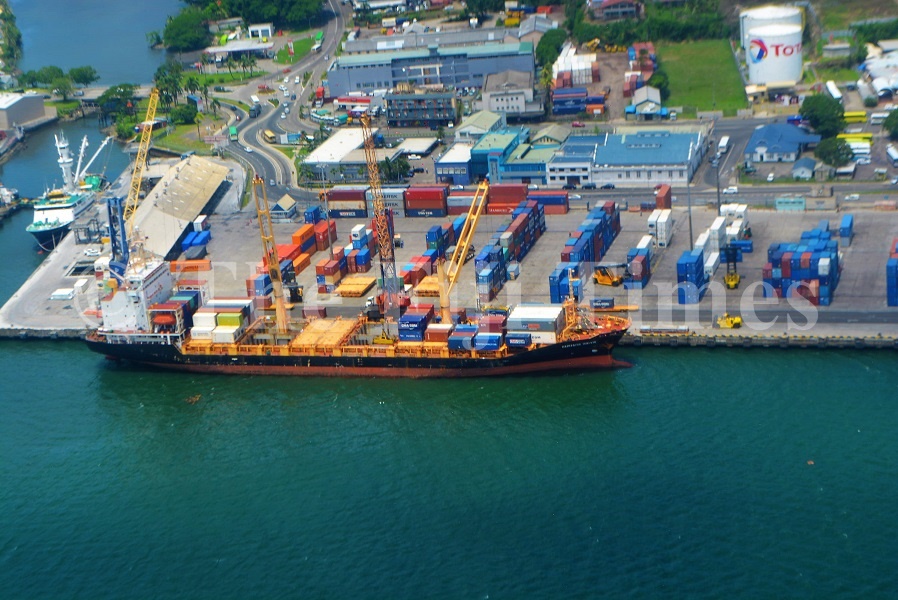Fiji’s trade balance widened by 4.1 per cent to $669.7 million in the year to February as a result of a higher increase in imports ($109.2m) relative to exports ($82.8m).
The Reserve Bank of Fiji’s April economic review highlighted the growth in imports by 12.1 per cent to $1,011.7m, mainly driven by mineral fuels, while the 32.0 per cent expansion in exports ($342.0m) was primarily led by the re-exports of mineral fuels and sugar exports.
According to the review, inward remittances grew by 31.4 per cent to $271.8m cumulative to March, predominantly driven by higher personal transfers with inflows through mobile money being the major contributor to the significant growth.
In terms of inflation the review showed that the annual headline inflation rate stood at 2.0 per cent in March, lower than the outcome in the same period last year (4.7 per cent), with 1.1 percentage points driven by imported inflation and the remaining 0.9 percentage points by domestic inflation.
While foreign reserves were around $3.3 billion, sufficient to cover 6.1 months of retained imports, liquidity stood at $2.3b, pushing the outstanding lending rate to a historic low.



